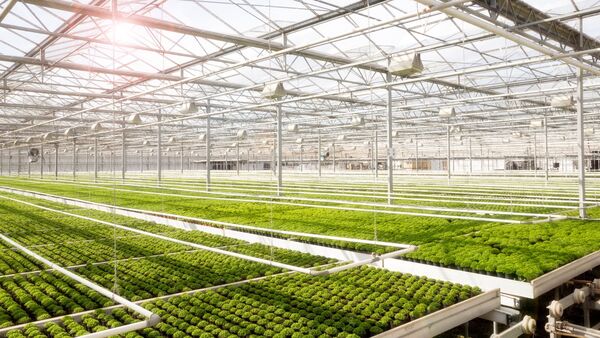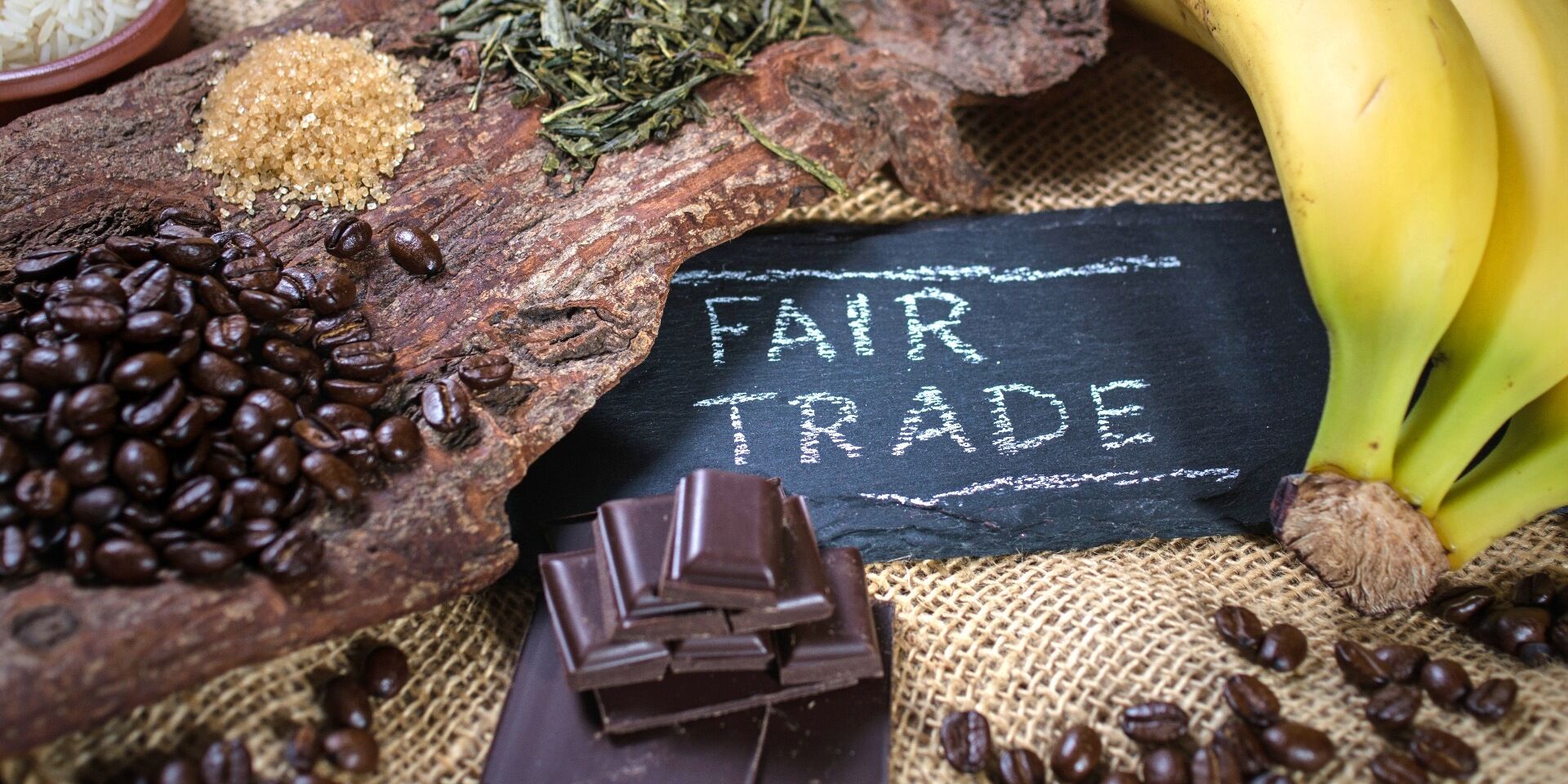Megatrend „neo-ecology“
A so-called megatrend is a development that changes the economy, politics, science as well as culture slowly, but in a long-lasting manner. The megatrend “neo-ecology” leads to growth that is based on a different mix of the economy, ecology, and societal commitment. In other words, the need of consumers to purchase products without having a bad conscience becomes a growth engine. This can be observed by a lower price sensitivity regarding products that are being produced “fair” and “sustainable” in contrast to a rather higher price sensitivity regarding traditionally produced products.
What is resource conservation?
The megatrend „neo-ecology“ covers topics such as sustainability, fair trade, the boom of organic products as well as resource conservation. Resource conservation describes a more reduced and mindful way of using natural resources, as they are finite. The goal is to preserve the resources so that they are also available to future generations. An example of resource conservation in everyday life are toilets that are being flushed with rainwater in order to save drinking water.
Resource conservation in the green industry
An example of resource conservation in the green industry is a project of the European Innovation Partnership in North Rhine-Westphalia. The aim of the project is to develop a sustainable and resource-conserving production of pot plants. One measure to achieve this goal is the analysis of drainage water. The analysis enables the producers of pot plants to have a controlled fertilisation with little nutrient loss.

Also, in our company resource conservation is written in capital letters. An example are our plastic labels. They are made from recyclable materials as well as they can be recycled after usage. Per one kilo of recycled plastic one liter of crude oil and 2.5 kilogram of CO2 can be saved.
You want know more about the topic? Please do not hesitate to contact us.


